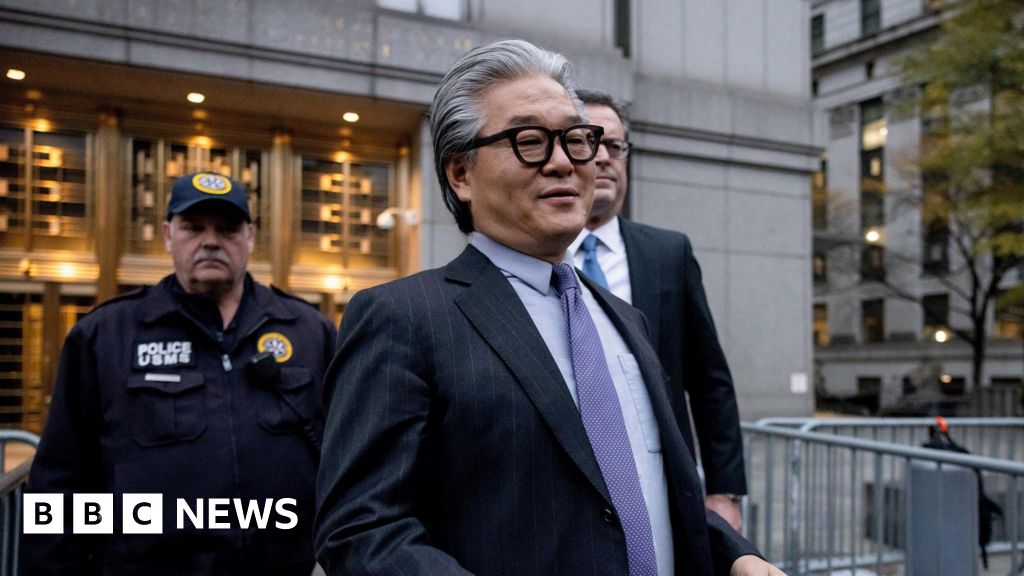The enigma of why our hair turns grey has fascinated humanity for centuries, leading to various cultural beliefs and myths.
As science progresses, our understanding of this natural process expands, bringing us closer to potential solutions.
The colour of our hair is intricately tied to the pigment melanin, produced by melanocytes within hair follicles. Eumelanin and Pheomelanin dictate the diverse palette of hair colours.
Why does hair grey?
Historically, stress has been linked to premature greying, a connection now supported by research revealing the impact of stress on melanocytic stem cells.
During stress, the release of norepinephrine and increased oxidative stress can damage these cells, influencing the hair’s colour. While ageing remains inevitable, certain factors like vitamin deficiencies and medical conditions can accelerate greying.
How to stop greying?
Hair dyeing is a common method to conceal greying, albeit temporarily. Nutritional deficiencies, especially in vitamins D, B12, and E, coupled with minerals like iron and copper, may contribute to oxidative stress and expedite greying.
Lifestyle choices, including avoiding smoking and embracing stress-alleviating activities like exercise or meditation, are recommended for maintaining hair health.
Various products claim to slow greying, but their efficacy lacks rigorous scientific validation. Natural therapies proposing antioxidant-rich diets and essential oils remain uncertain in their impact.















































